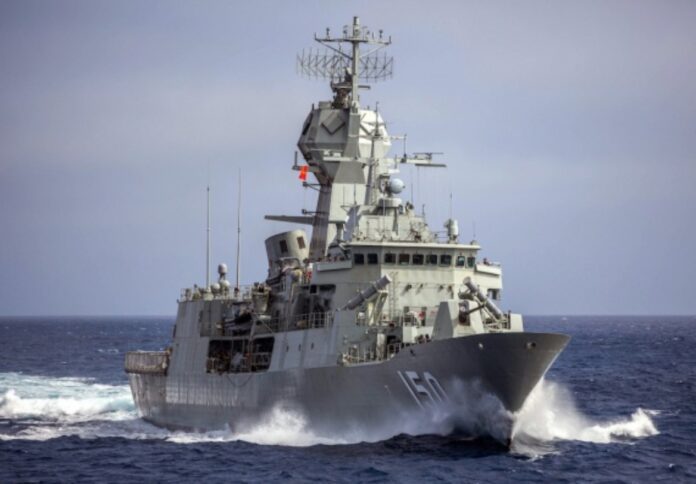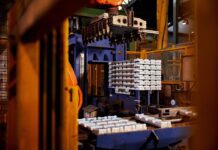
The Federal Government has pledged $180 million over the next five years to modernise anti-ship missile defence capabilities on Royal Australian Navy ships.
As part of the investment, Rheinmetall Defence Australia signed a contract to manufacture the Multi-Ammunition Soft-Kill System (MASS), which will provide anti-ship missile defence to Anzac Class frigates and Hobart Class destroyers.
In a media release, the government said the system employs an electromagnetic decoy to keep navy ships safe from sensor-guided missiles.
The Brisbane plant will be the centre of the five-year contract’s capability-building efforts, which might result in the creation of up to 45 new local employment through supply and support chains, in addition to the facility’s present support of over 600 local jobs.
The government also said it is collaborating closely with the defence sector to rebuild the Australian Defence Force to adapt to the country’s current strategic circumstances, as detailed in the Defence Strategic Review.
The review urges urgent action to increase Australia’s military preparation, notably in the marine domain, as it finds that Australia has lost the ten-year warning period for any conflict.
With the help of this new capability, the government said it is confident that defence personnel will be shielded and able to safeguard Australians.
“This investment will not only keep our sailors safe, but also lead to a smarter, stealthier navy, able to protect Australia’s interests in our current strategic environment,” said Minister for Defence Industry Pat Conroy.
The minister added that the Albanese Government is investing in sovereign capabilities and working with local industry to ensure the defence personnel have the capability they need to keep Australians safe.
He also expressed his delight in visiting the Brisbane plant where this innovative new system will be developed with assistance from several regional businesses, resulting in the creation of jobs in Queensland.
















